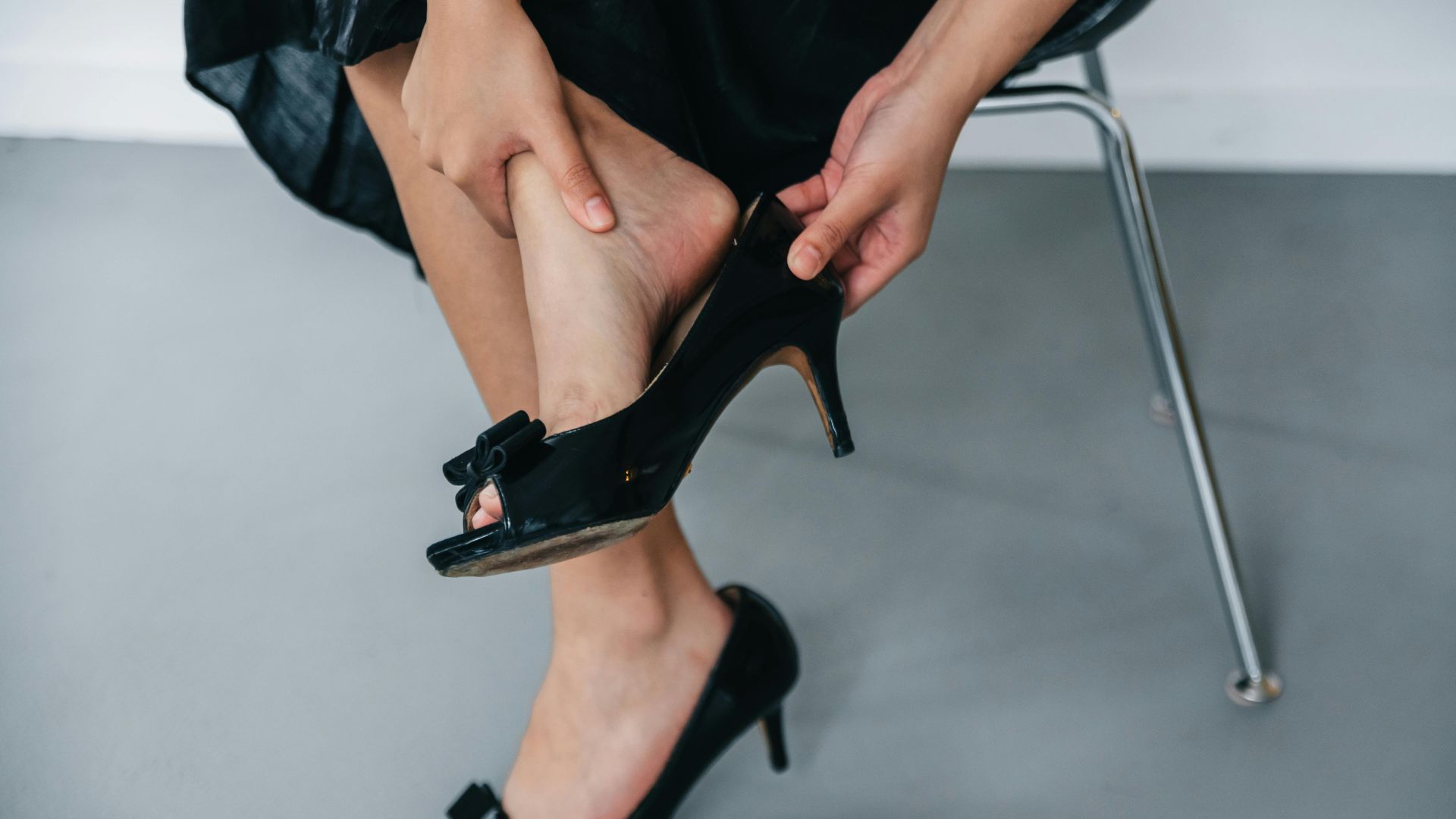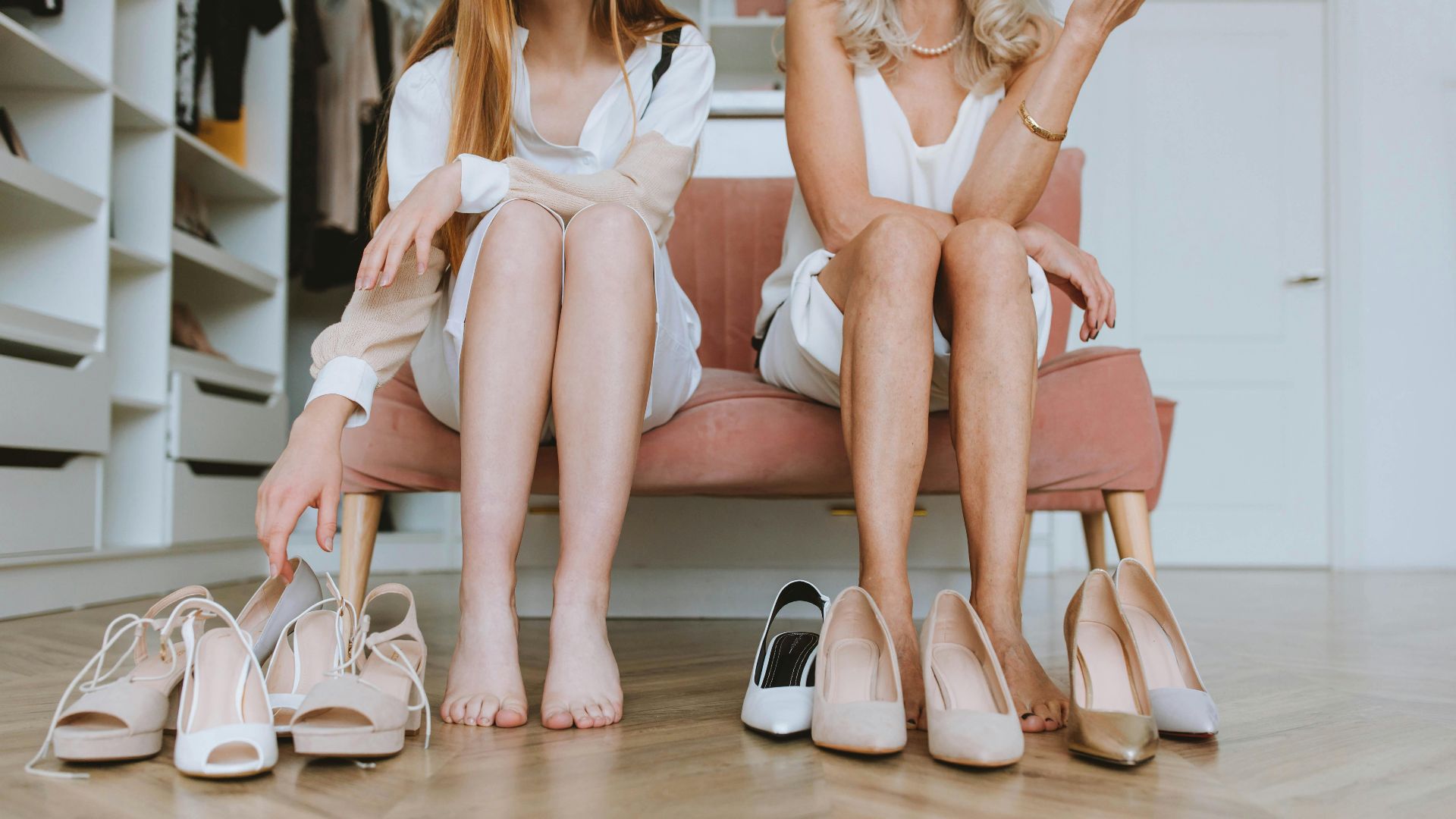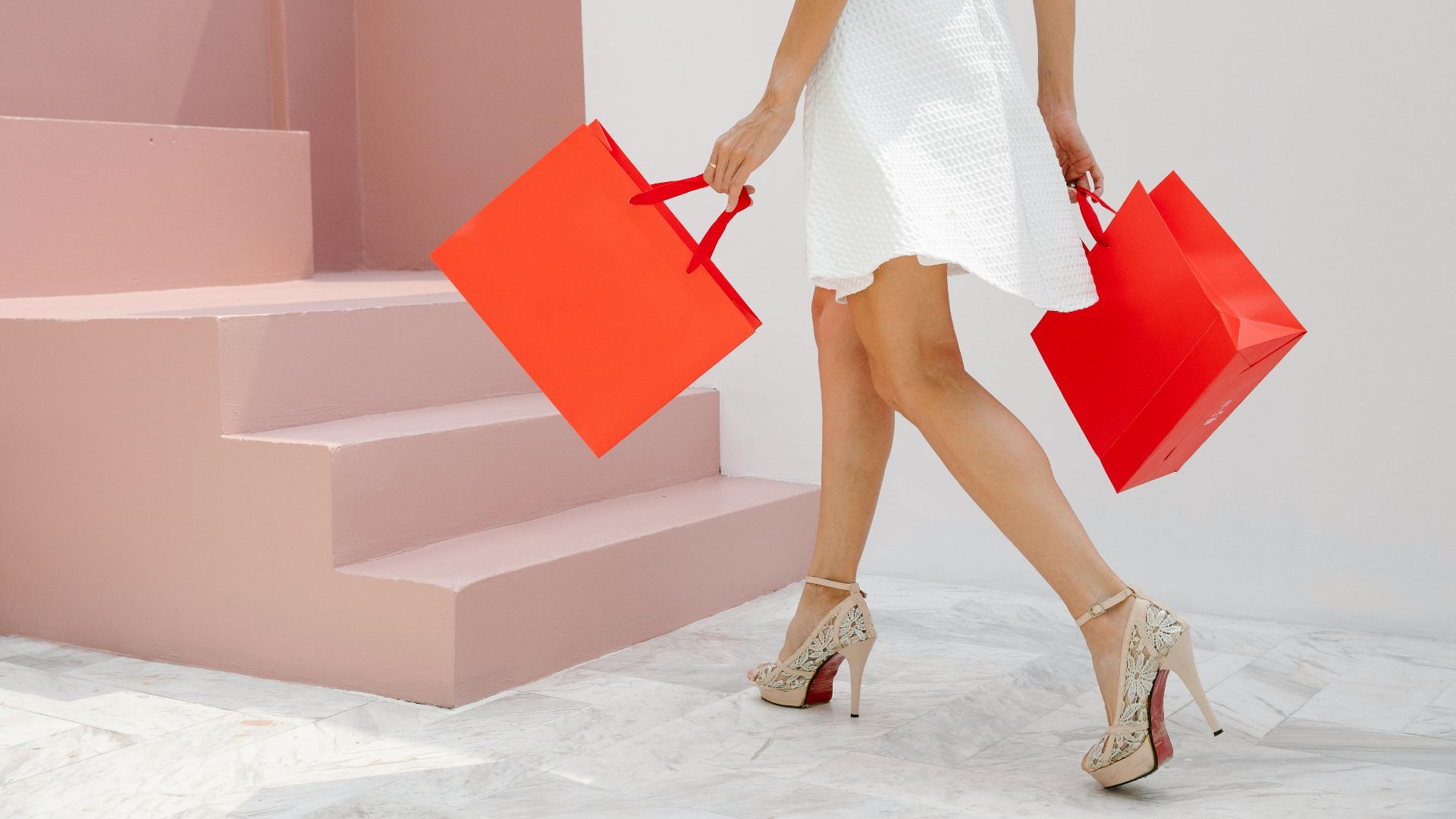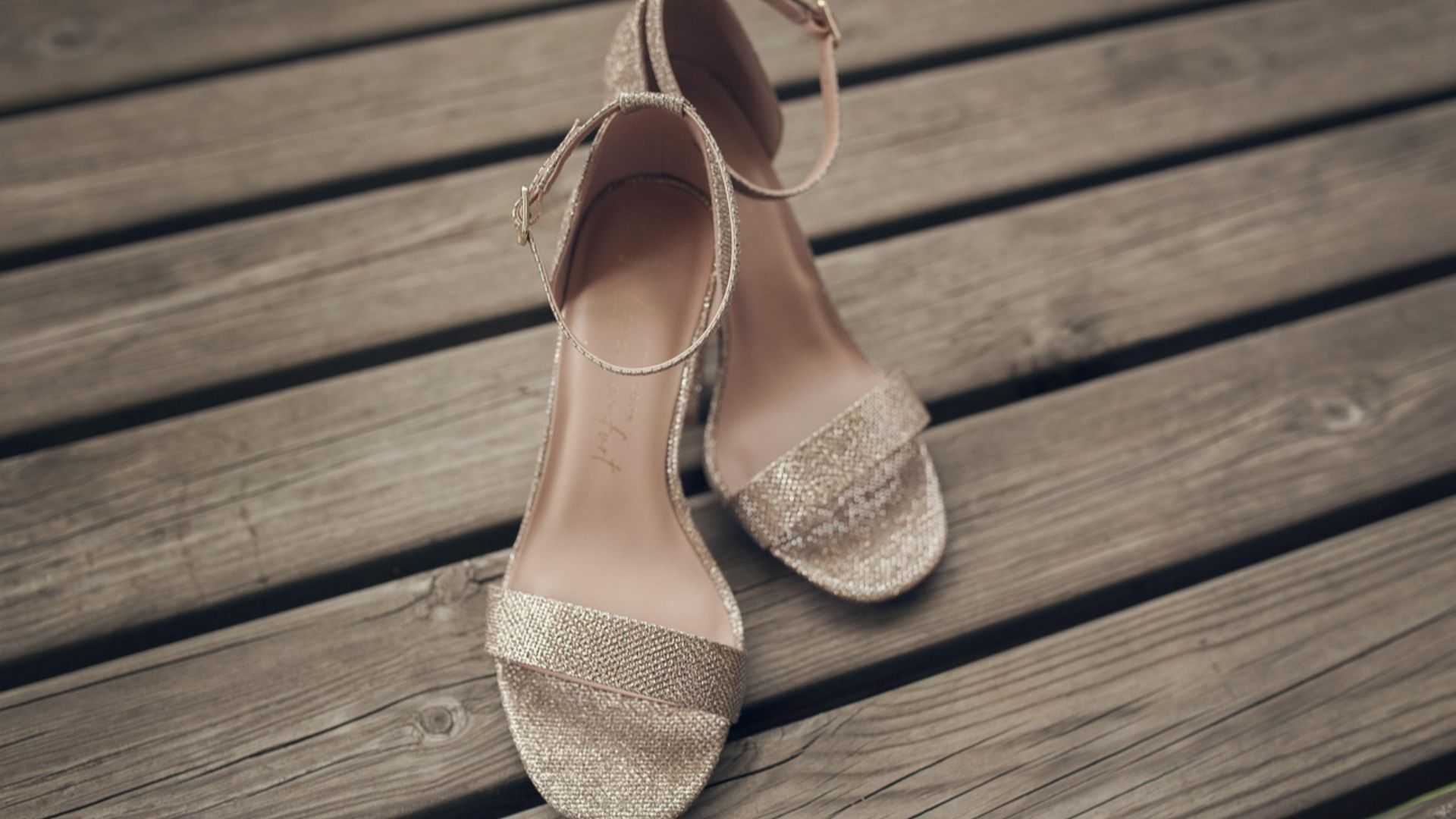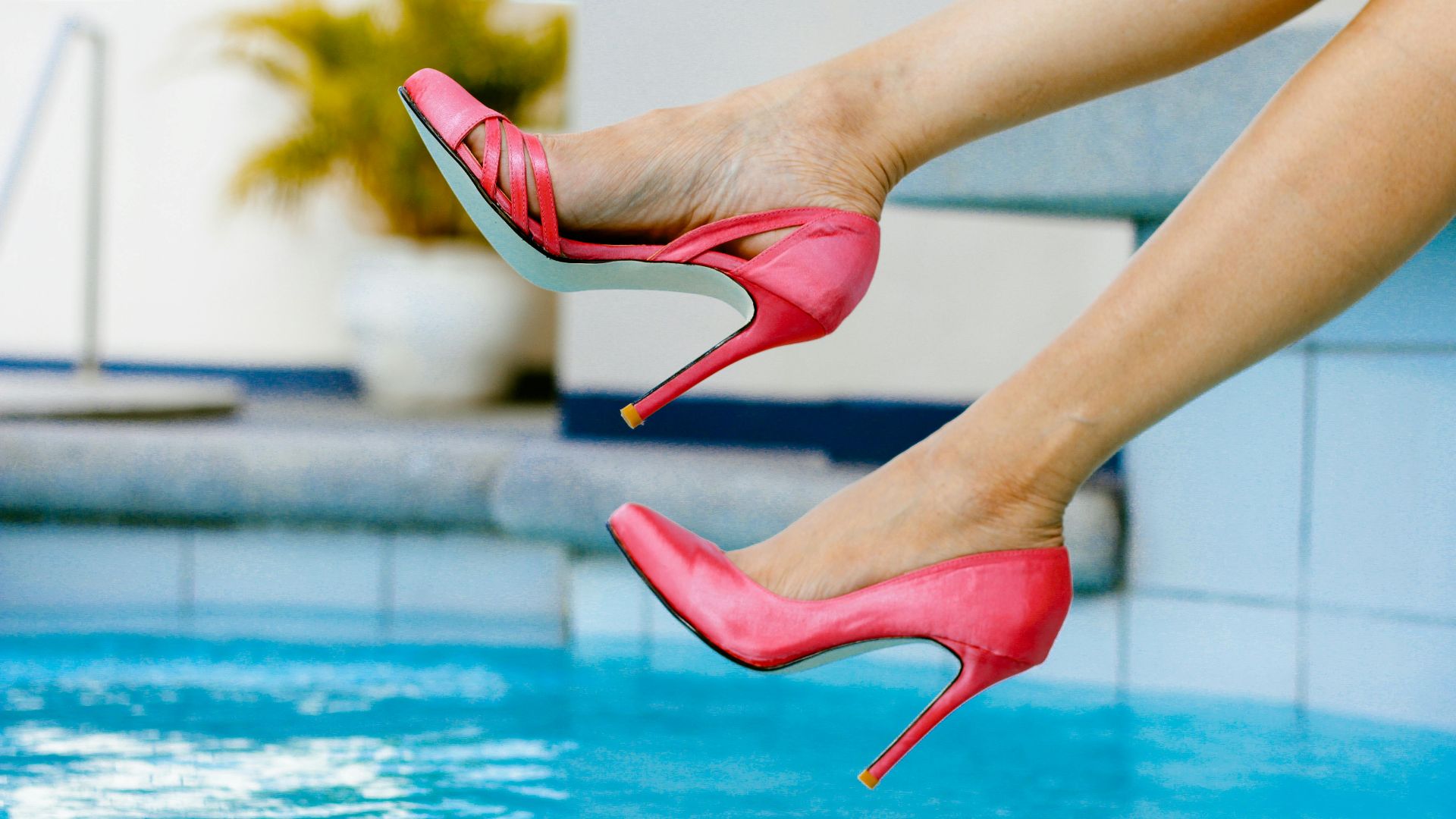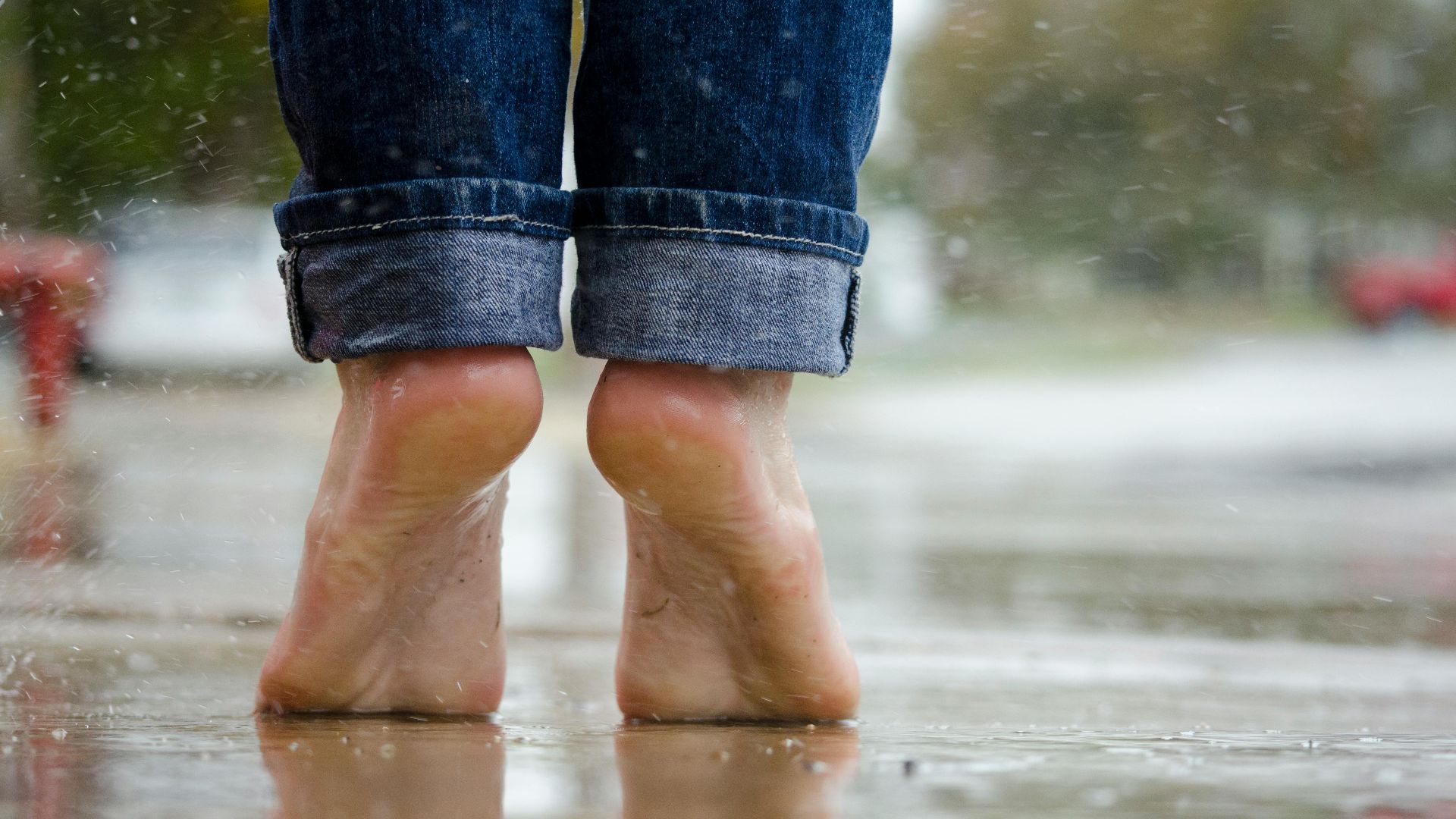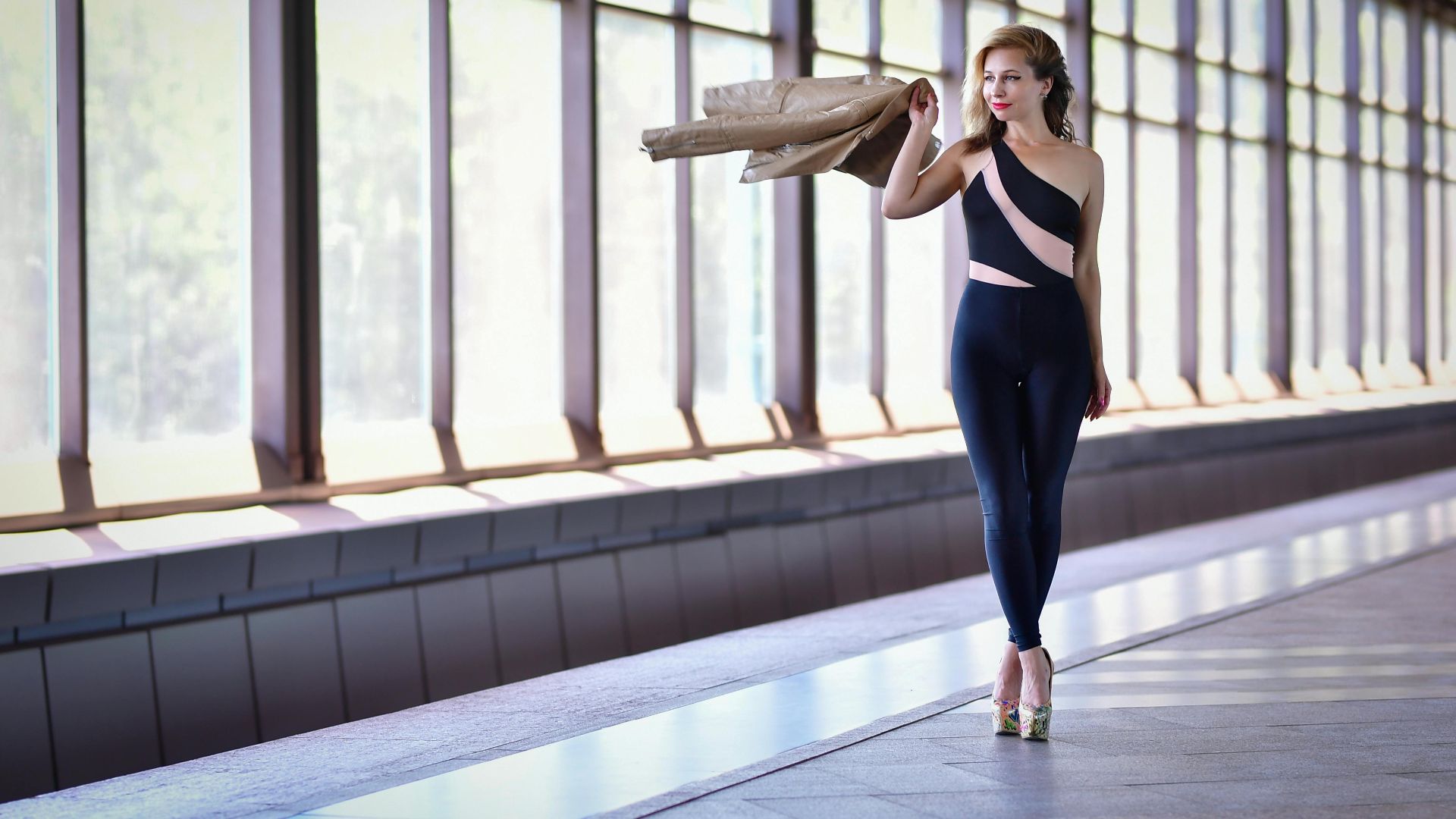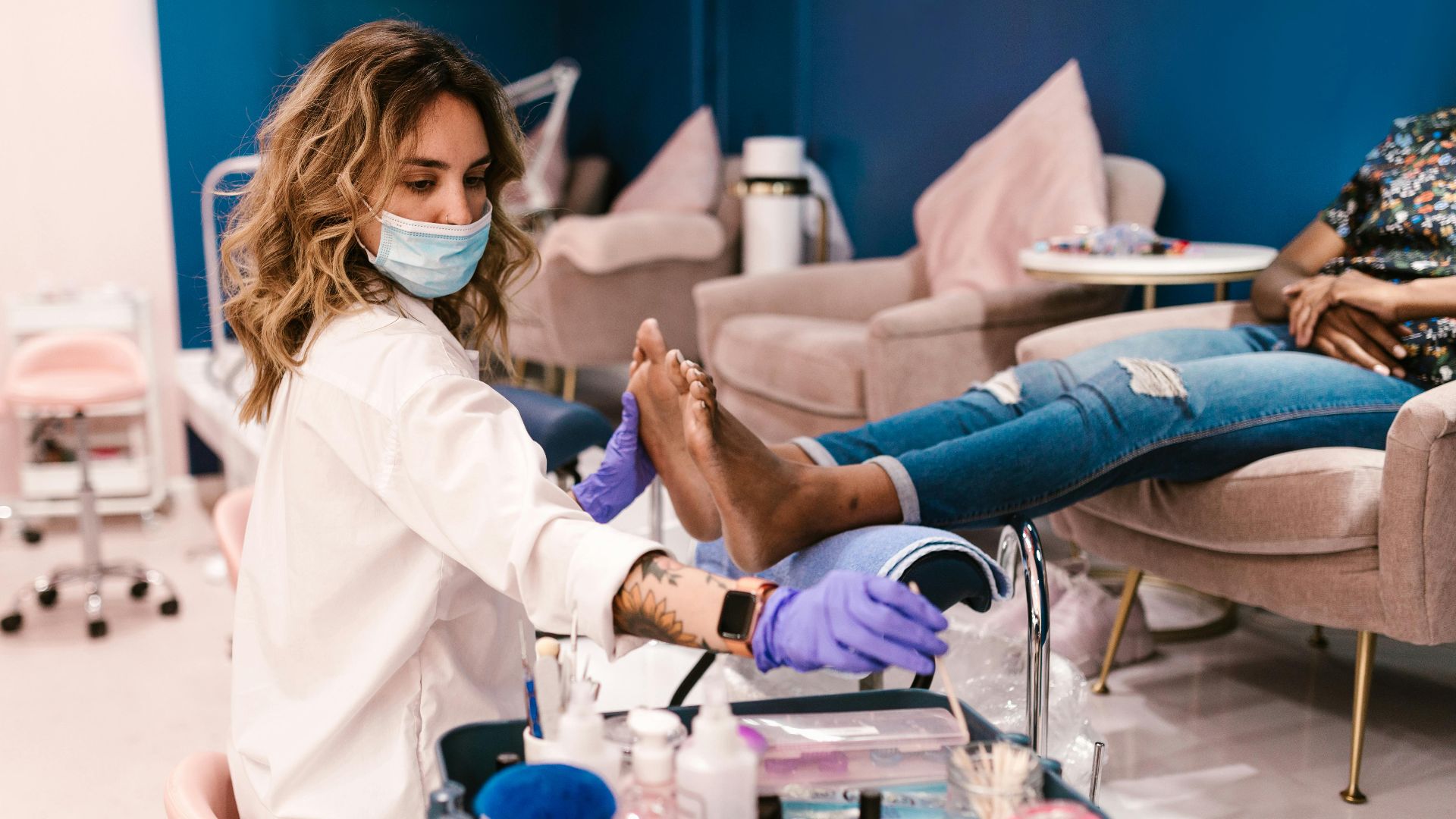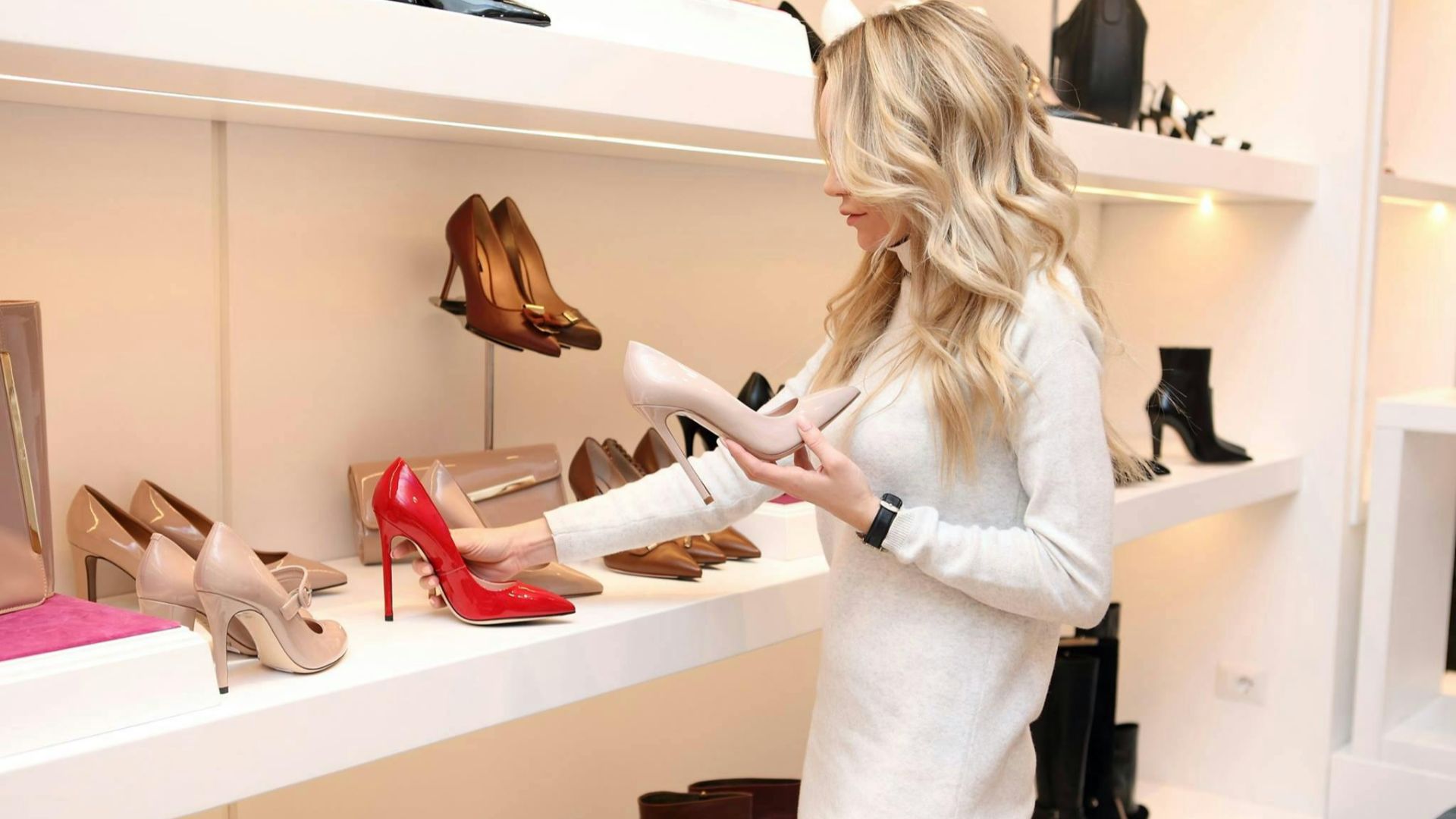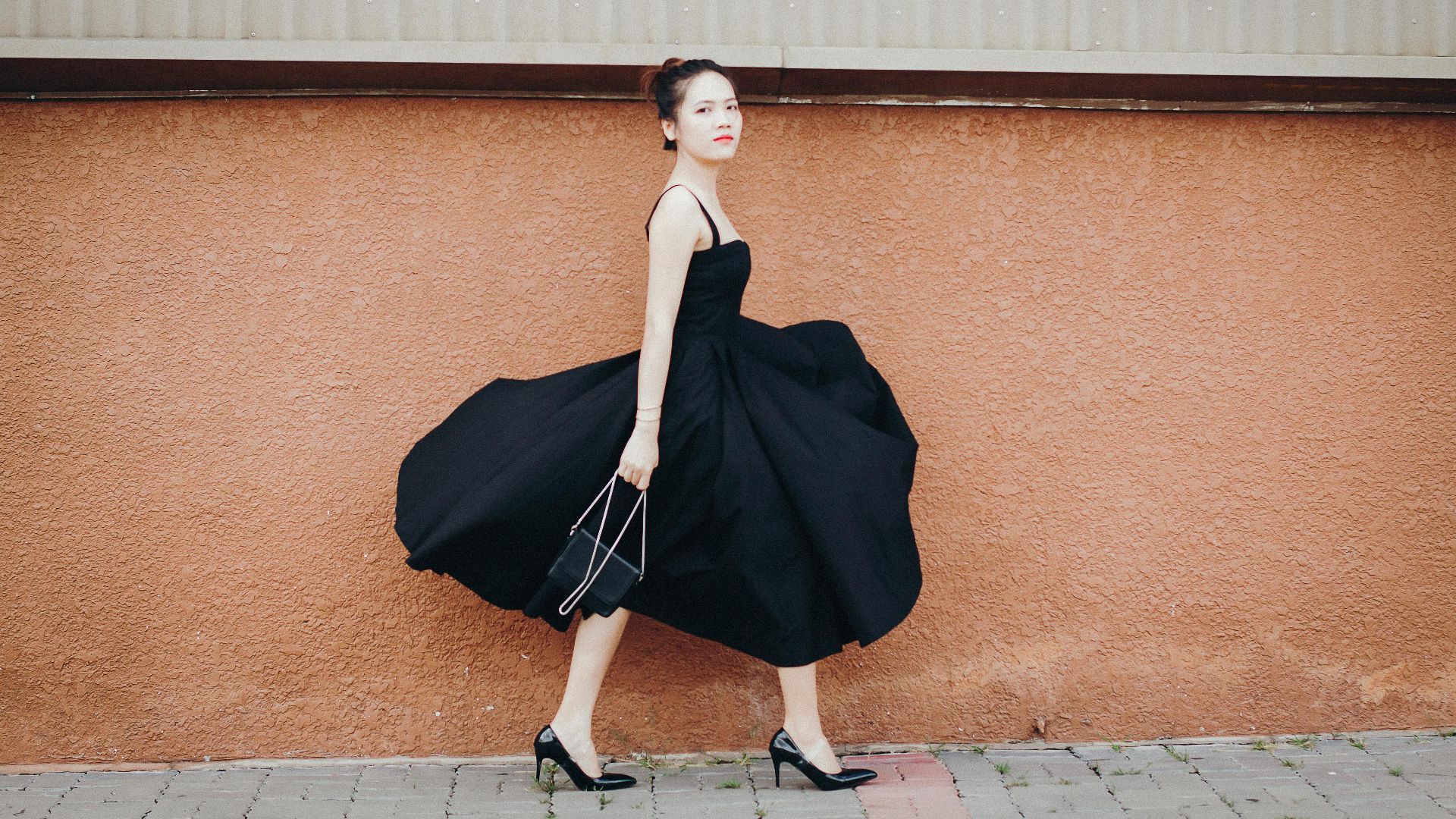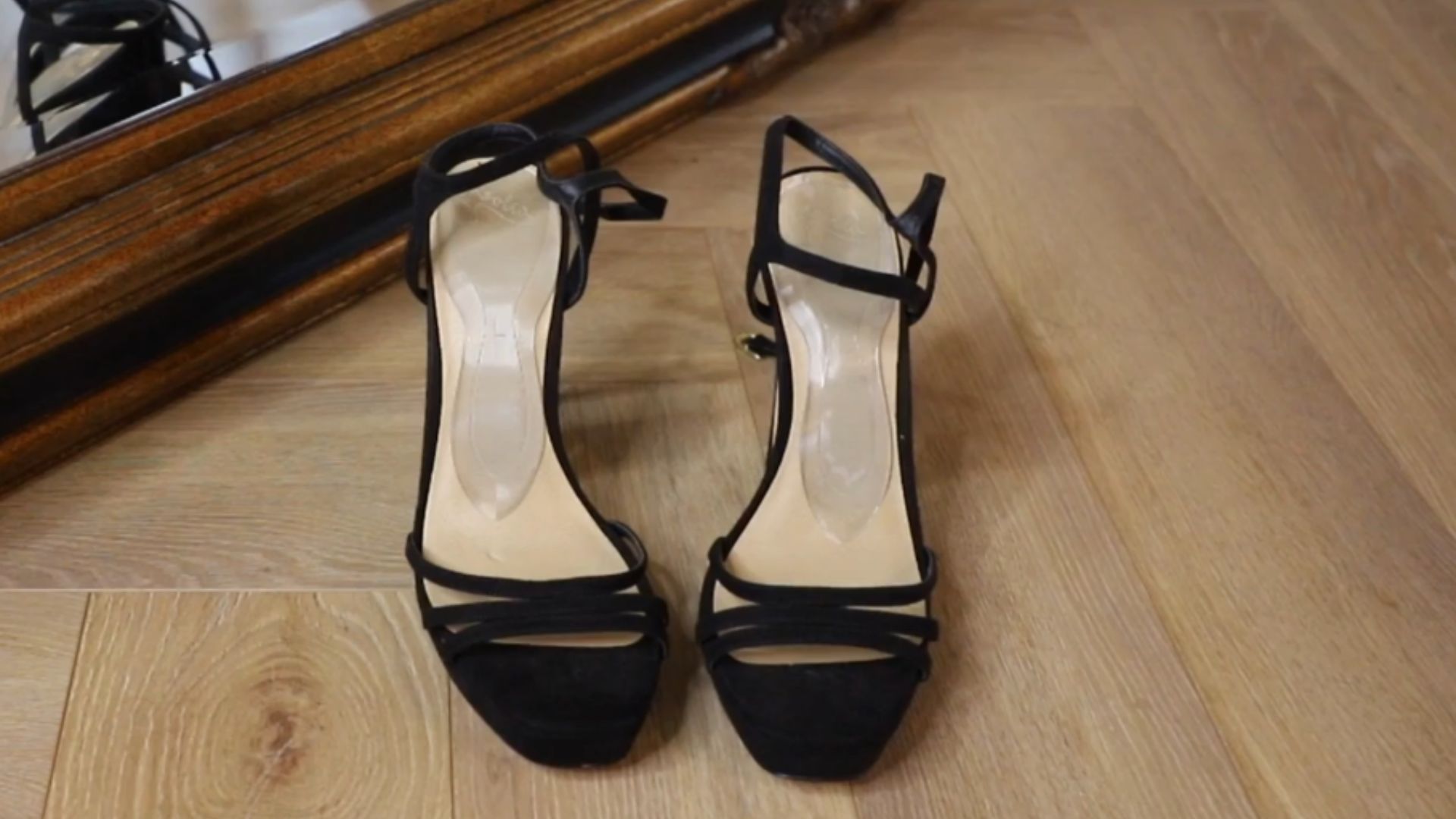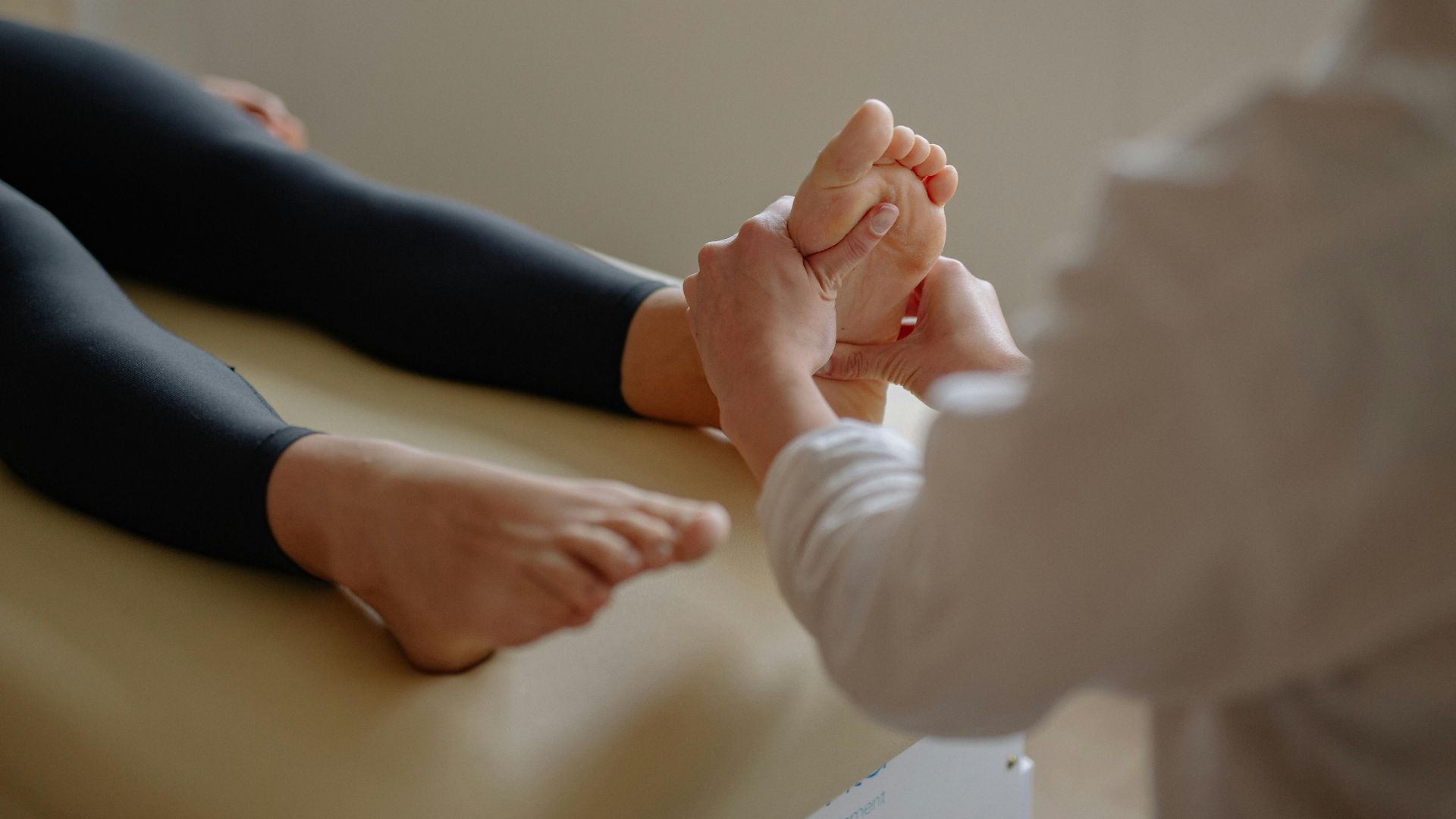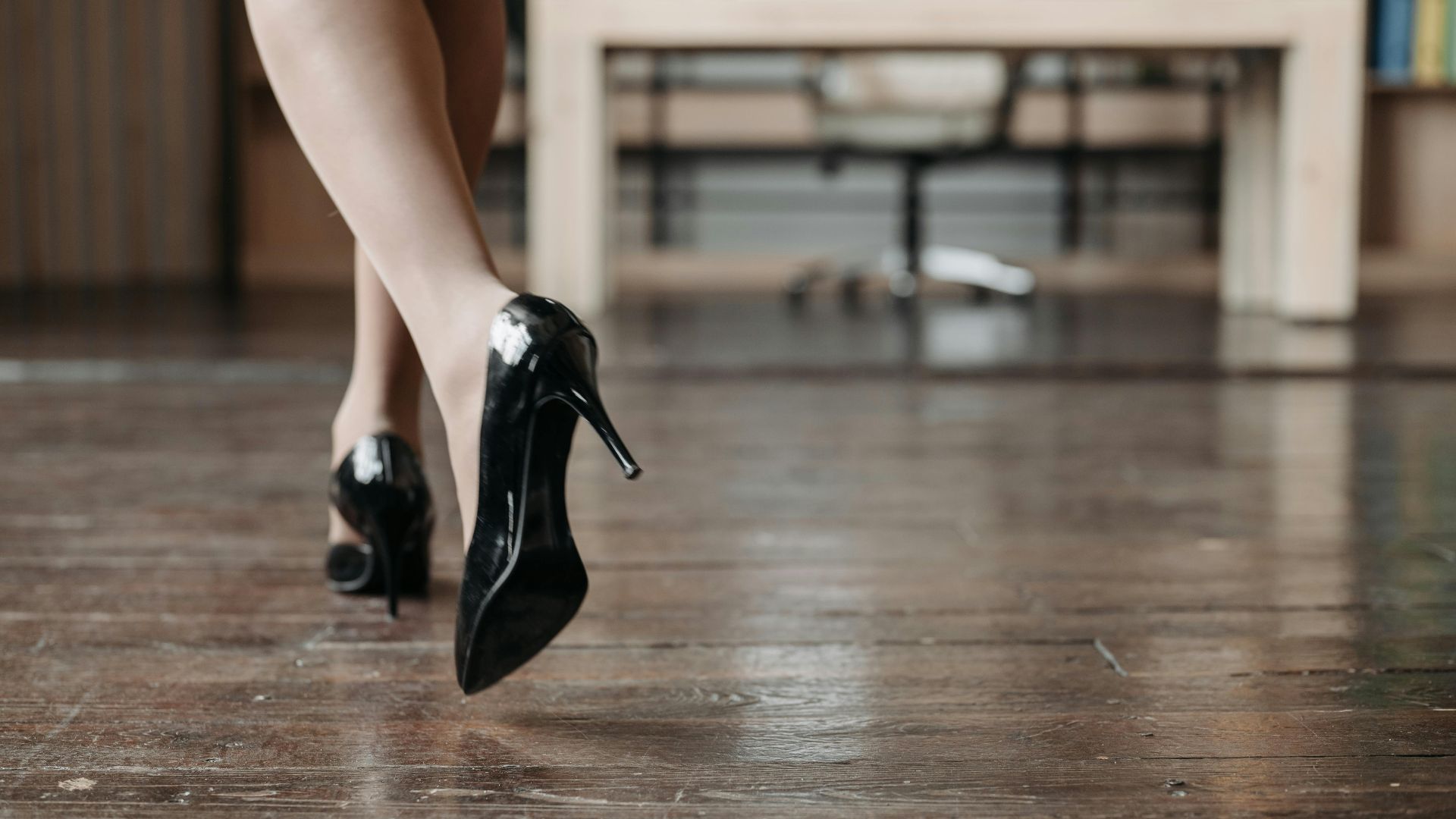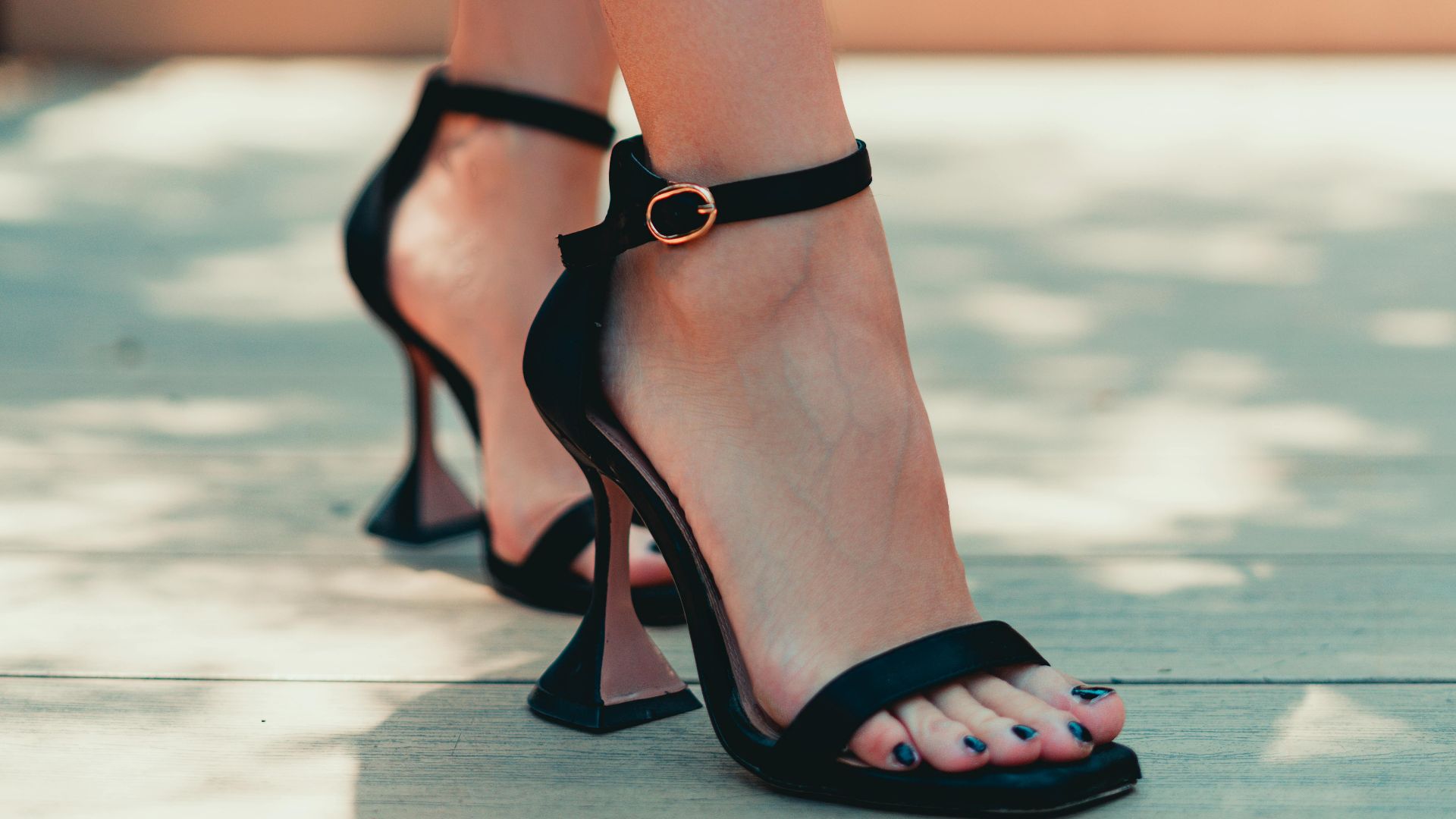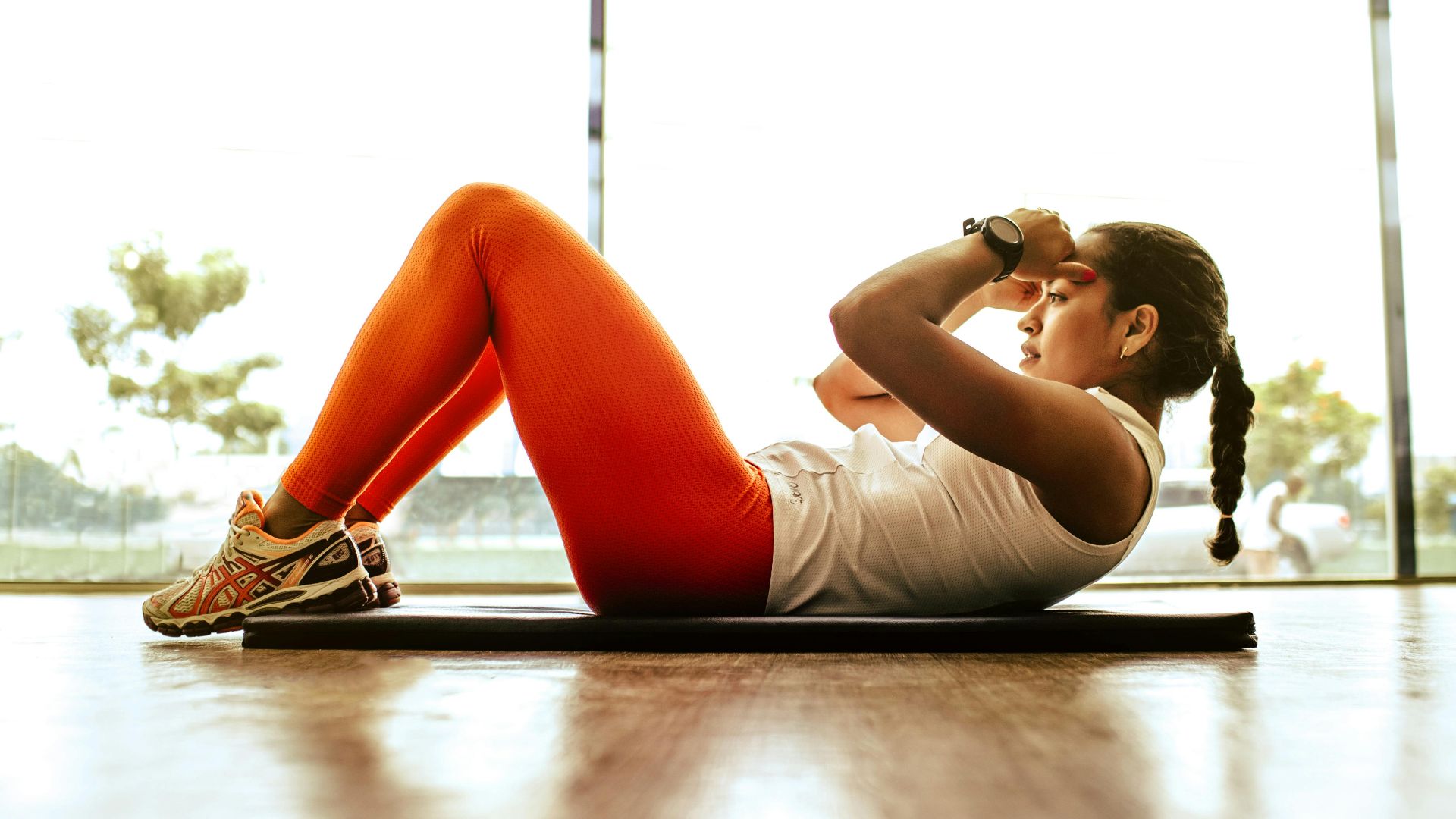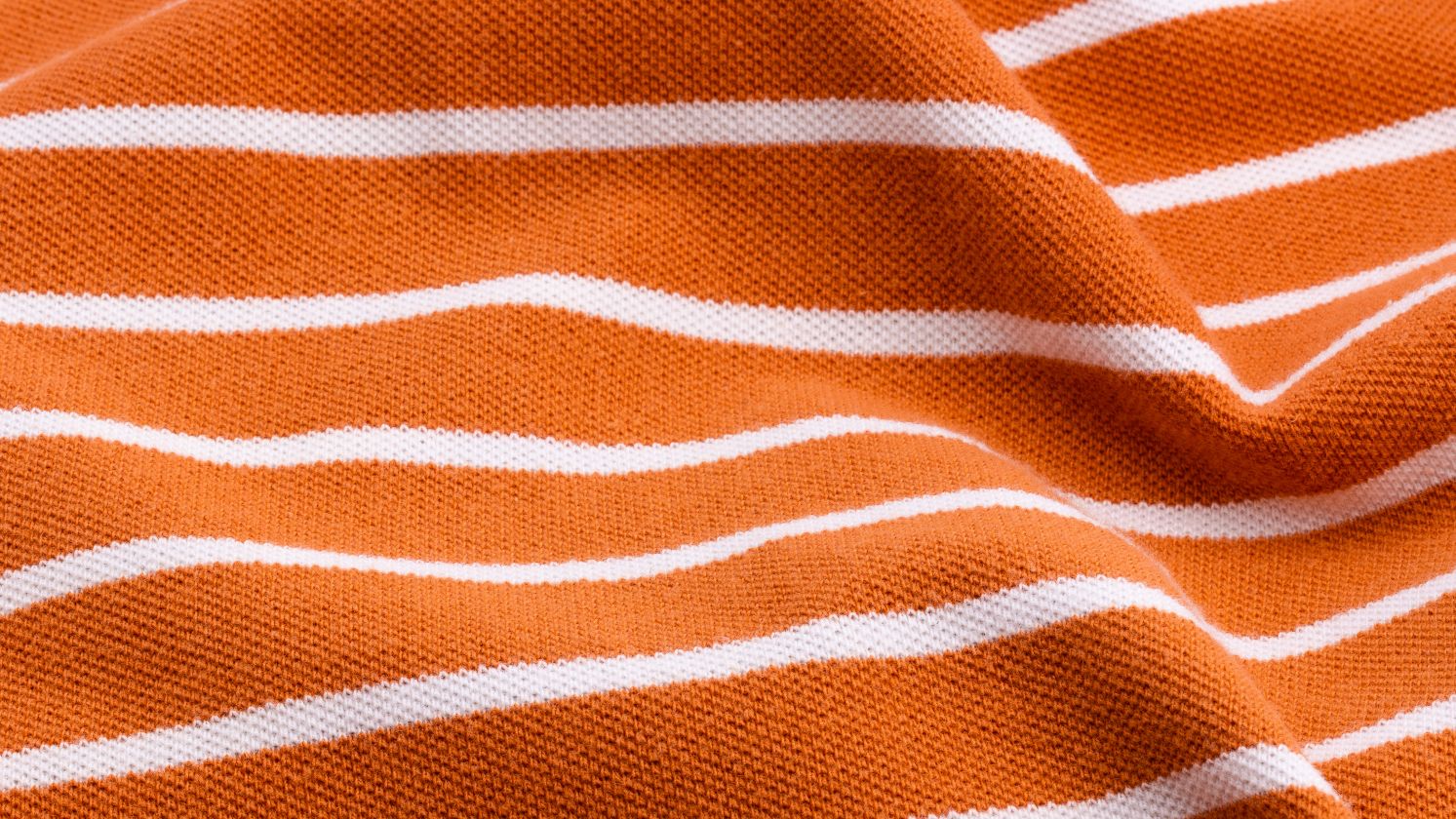What Every Heel Enthusiast Should Know
Heels can transform an outfit, but they often come with sore feet and regrets. But it’s not always the shoes that are to blame. Sometimes, the problem lies in how they’re worn. With the right adjustments, you’ll notice a huge difference. In this list, we’ll reveal the mistakes many people make and share practical ways to fix them. First, let’s look at 10 common mistakes you must avoid.
 Augusto Carneiro Junior on Pexels
Augusto Carneiro Junior on Pexels
1. Wearing Heels Without Planning The Occasion
Not every heel suits every setting. Wearing delicate pumps on a cobblestone street or to an all-day event guarantees misery. Shoes that don’t match the terrain or duration quickly become impractical, and this lack of planning turns even the most stylish pair into the wrong choice.
2. Ignoring Toe Shape
The front of the shoe determines how long they can actually be worn. Narrow designs pinch toes together, leaving little room for natural movement. Although the style photographs beautifully, the reality for the wearer often involves discomfort that grows with every passing hour.
3. Walking With Bent Knees
Posture plays a bigger role than many expect. When knees stay bent, balance shifts awkwardly, and movements feel heavier. Instead of an elegant stride, the walk looks strained. It is a common error that not only reduces grace but also makes the entire experience harder than it should be.
4. Wearing Only Thin Stilettos
Slim stilettos may look graceful, yet relying on them every day backfires. With so little surface beneath your feet, the pressure builds quickly. Over time, this habit leaves your body aching and your confidence shaken, especially when walking across tricky ground.
 Xingbo at English Wikipedia on Wikimedia
Xingbo at English Wikipedia on Wikimedia
5. Relying On Old Heels
Shoes lose structure over time. Worn-down heel tips, collapsed padding, or stretched straps all compromise comfort and safety. Many push through, but this mistake means even moderate wear feels harsh. The risk of slips or ankle twists rises dramatically with old heels.
6. Wearing Heels On Slippery Surfaces
Polished tiles and rainy sidewalks turn heel-wear into a cautious shuffle. Smooth soles struggle to grip properly, and due to this, every step feels uncertain. This oversight catches many by surprise, as fashionable pairs rarely advertise how they’ll perform when conditions become less than ideal.
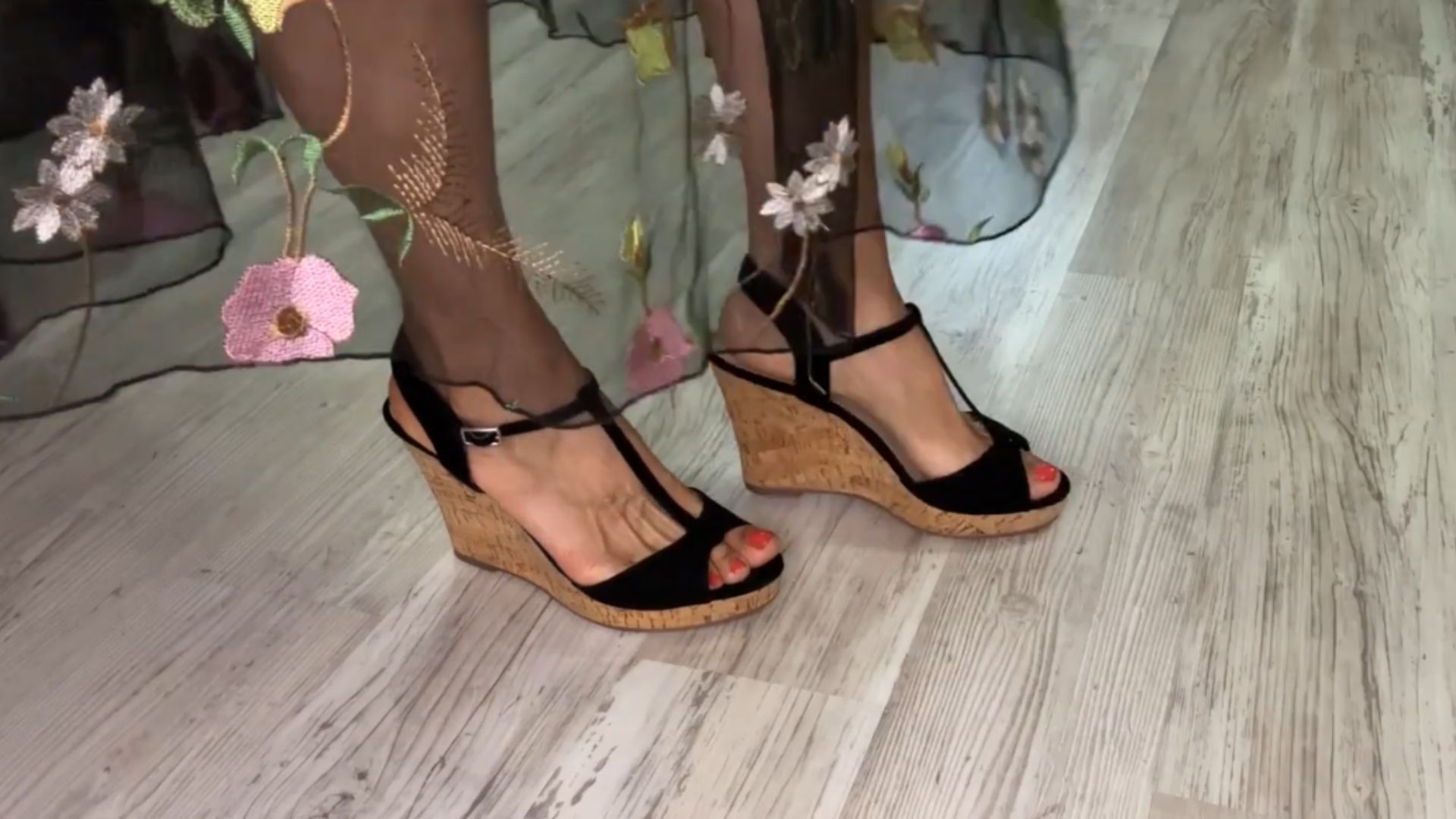 Dr. Shoesert Non-Slip Shoes Pads | Our Point Of View by WTI
Dr. Shoesert Non-Slip Shoes Pads | Our Point Of View by WTI
7. Choosing The Wrong Heel Height
Chasing dramatic height feels glamorous, though it rarely ends well. Extremely tall heels change the way weight rests on the body, creating strain where it doesn’t belong. What starts as elegance quickly turns uncomfortable when the height overpowers the natural rhythm of walking.
8. Ignoring Arch Type
Feet come in all shapes and arches, and ignoring those differences can create strain. Wearing heels that don’t align with natural arches forces extra effort from your muscles. The discomfort may be subtle, but it steadily saps energy and ease throughout the day.
9. Wearing Heels For Long Hours Without Breaks
Do you wear heels without pause? That duration alone transforms even the most beautiful pair into a burden. Time is the sneaky culprit here. Hours of uninterrupted wear slowly chip away at comfort, leaving the feet sore and posture unsteady.
10. Skipping Pedicures And Foot Care
Feet carry the entire show, yet they rarely receive attention. Dry skin, untrimmed nails, or small calluses build pressure inside the shoe. It’s a mistake people make without realizing the impact, only to discover later how much these details shape the overall experience.
Now that the missteps are clear, let’s talk about how to actually wear heels the right way.
1. Start By Choosing The Right Fit
The trick begins in the store. Shop for heels later in the day, when feet are slightly larger. Measure both feet since they rarely match in size. Also, adjustable straps make a huge difference for comfort.
2. Practice Walking At Home
Before taking new heels outdoors, it helps to break them in around the house. Carpeted floors offer a safer place to build balance. Over time, short sessions improve posture and confidence. It’s the quiet prep work that shows later in public.
3. Use Cushioned Insoles
Small details can rescue tired feet. Gel or memory foam inserts absorb pressure that builds after hours of wear. They also reduce slipping inside the shoe. Once you try them, you’ll notice how evenly your steps land compared to wearing bare feet.
4. Start With Block Heels
Chunky heels offer balance from the start. They distribute weight across the foot instead of loading it onto one point. Beginners find it far easier to walk steadily in these. No wonder this shape always makes a comeback whenever trends recycle.
5. Stretch And Massage Feet
After wearing heels, flexibility matters. Simple stretches relieve calves and arches, while massage eases swelling that builds up. Some even turn to yoga poses for recovery. The more you treat your feet afterward, the longer they’ll stay strong for future wear.
6. Invest In Quality Materials
Shoes made from real leather or breathable fabrics mold naturally to the foot. They don’t trap heat as quickly, and they last longer under daily use. Even stitching makes a difference, preventing collapse after months of pressure.
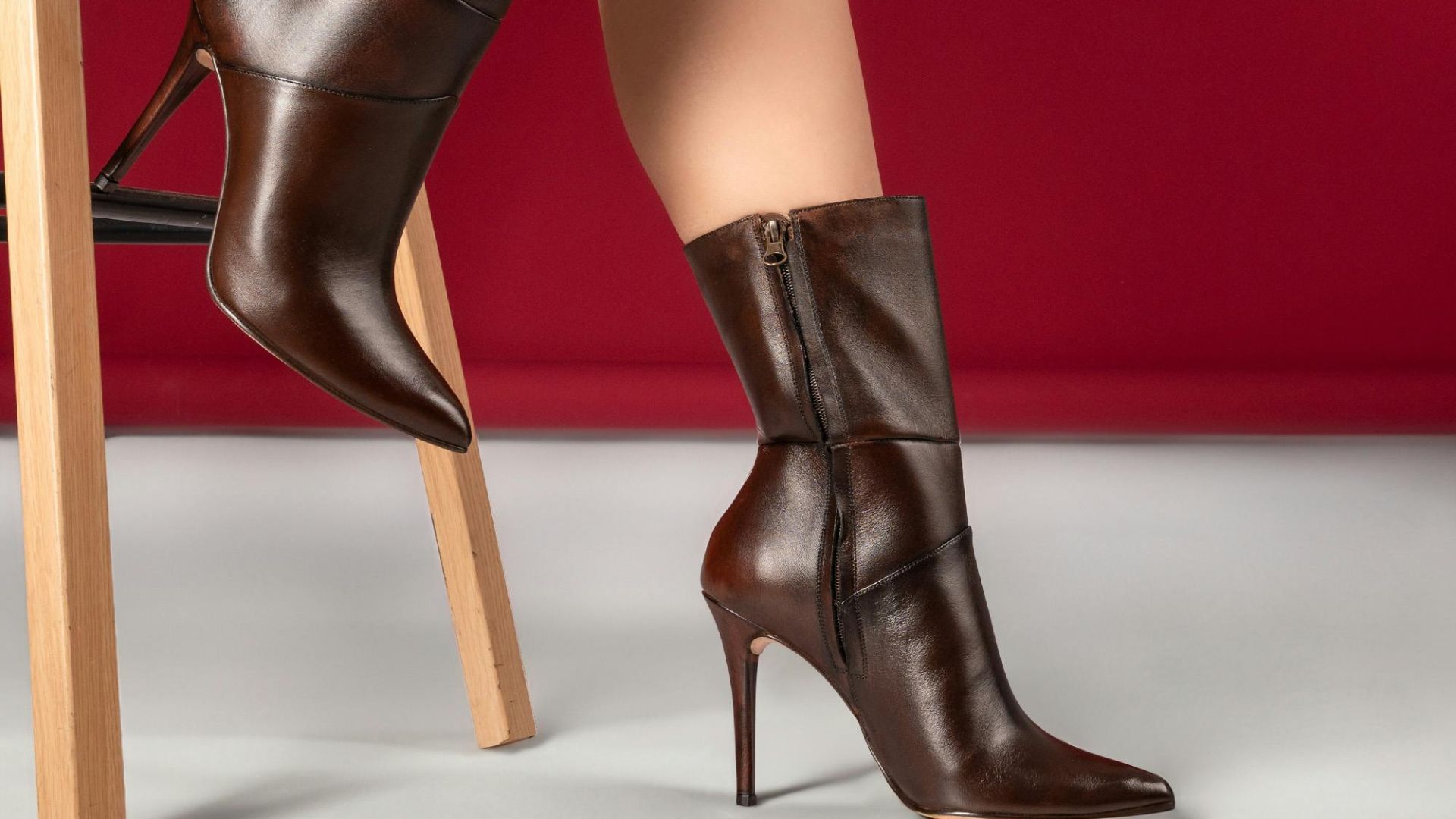 José Martin Segura Benites on Pexels
José Martin Segura Benites on Pexels
7. Walk Heel-To-Toe
The way you step matters as much as the shoe. Landing on the heel first and rolling forward keeps movements smooth. It lowers stress on the knees, too. With practice, the stride becomes second nature, and confidence grows with every step.
8. Opt For Platform Styles
Platforms work smarter than most people think. By raising the sole, they cut the arch’s steepness. That way, pressure spreads more evenly across the foot. Hours in these often feel shorter compared to thinner stilettos, which explains their popularity among performers.
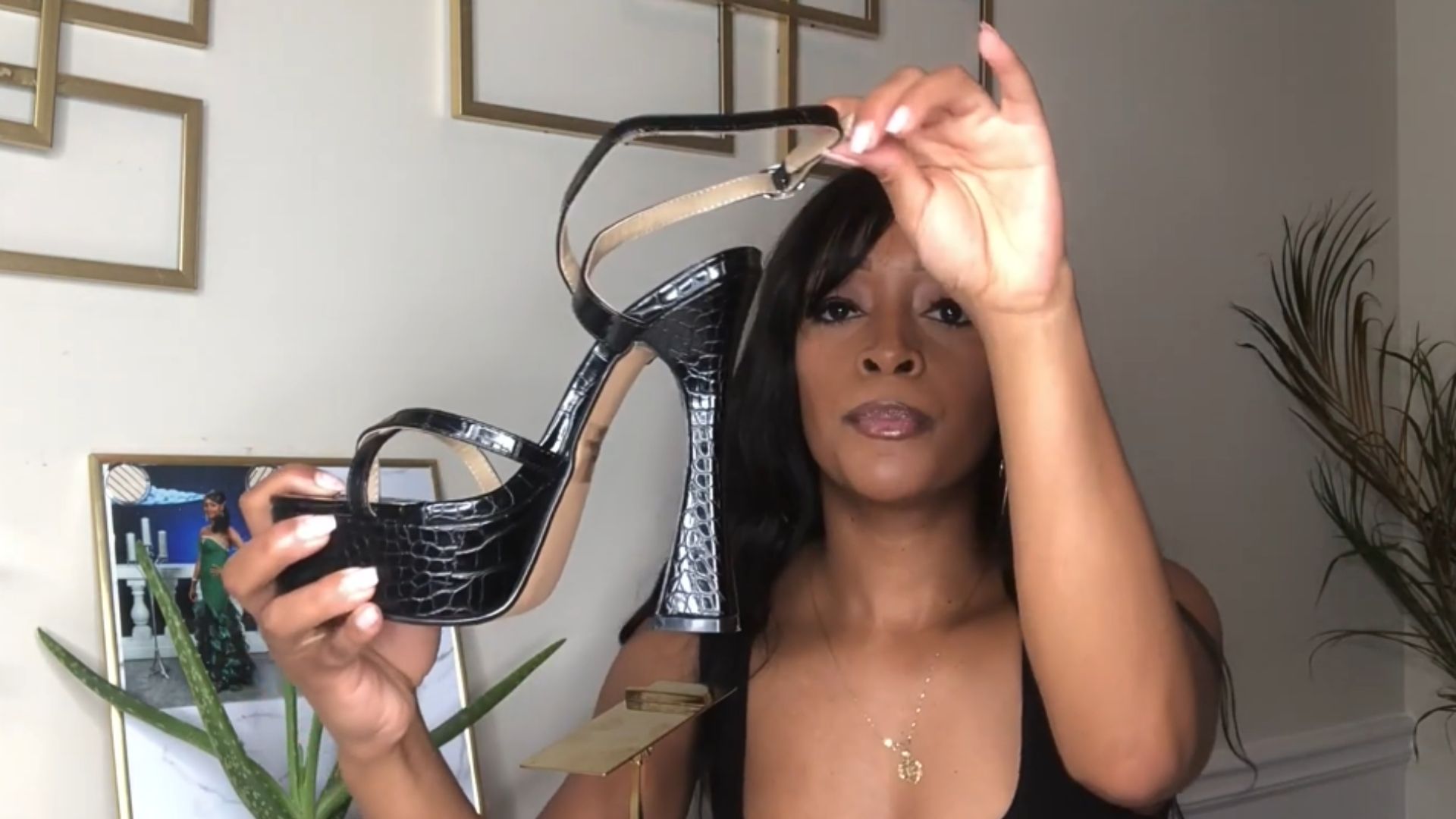 How to Style Platform Heels Ft. Dolls kill / Night Major Clout Platform Heels by BrittAlacious
How to Style Platform Heels Ft. Dolls kill / Night Major Clout Platform Heels by BrittAlacious
9. Rotate Heel Types
Switching between different heel shapes prevents repetitive pressure on the same muscles. Shoes also last longer when they’re not worn daily. Variety protects your feet and keeps outfits looking fresh because heels’ style can change the entire mood.
10. Strengthen Your Core
Balance in heels doesn’t just come from the ankles. A stable core prevents leaning forward and makes your stride smoother. Exercises like planks and crunches build that base. When you’re consistent, the strength you gain shows every time you put on heels.


